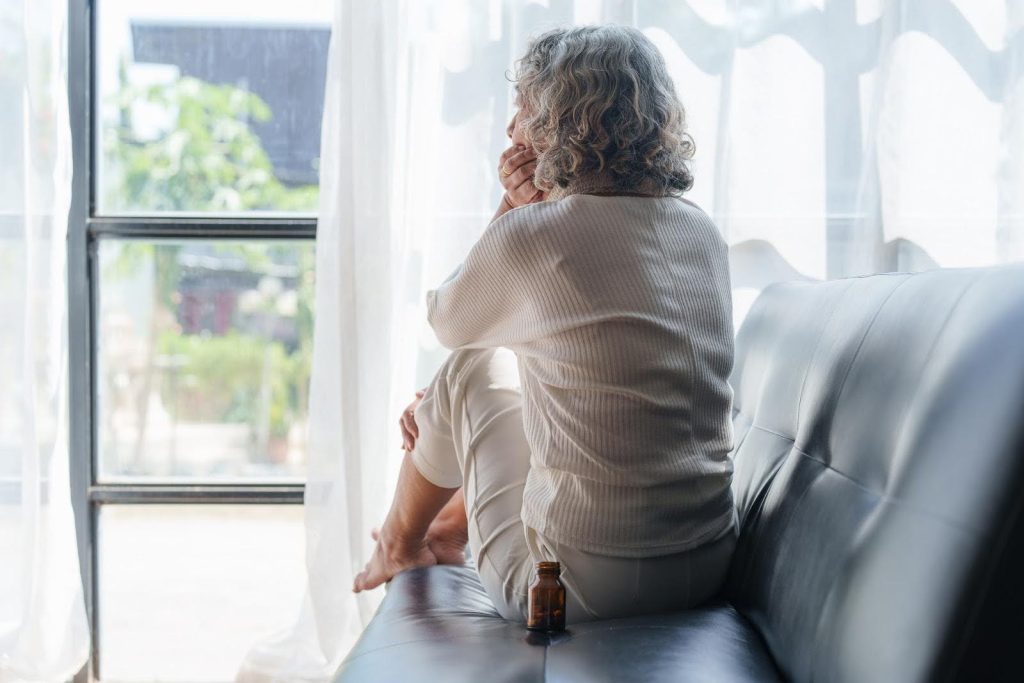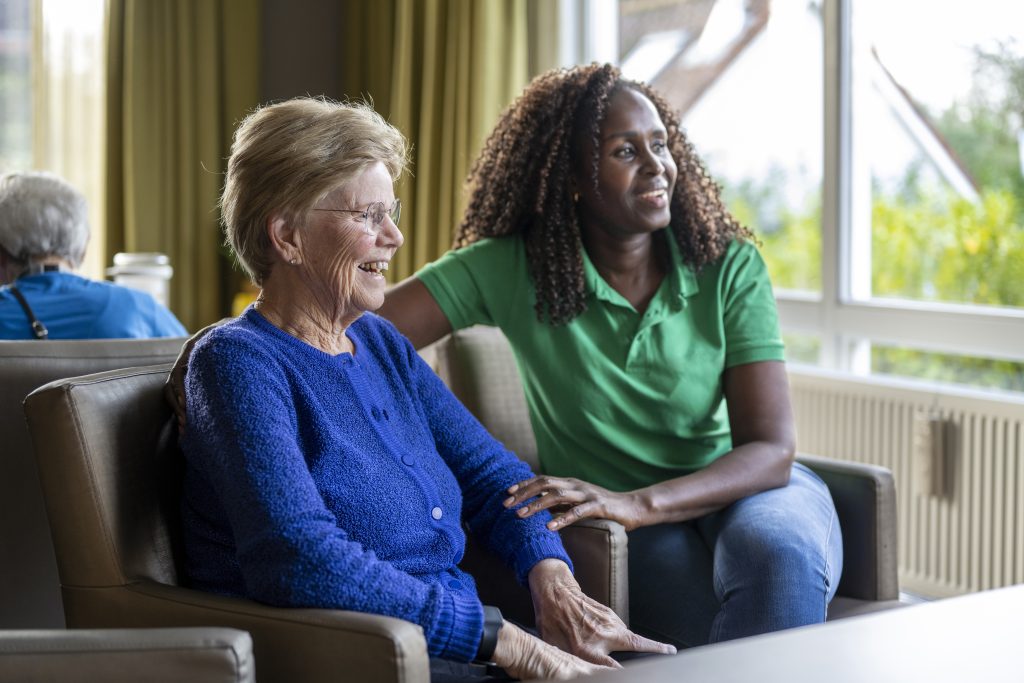Losing a partner can leave a profound emptiness, especially for seniors who built their lives around that relationship. The shift from daily companionship to quiet days alone can feel overwhelming and isolating. It’s not just about missing conversations; it’s about the silence that creeps into routines. Finding comfort and support after loss requires compassion and connection.
That’s where thoughtful, consistent care makes a difference. Companion care at home provides more than assistance with chores — it restores warmth, laughter, and conversation to daily life. It gives seniors the reassurance that they are not alone, even in difficult moments. With the right support, widowed seniors can find new ways to feel connected and valued.
Understanding Loneliness After Loss
The loss of a spouse often changes every part of a senior’s day. Meals feel quieter, evenings drag on, and even small tasks feel heavier without someone to share them with. This loneliness is not just emotional — it can affect physical health, energy, and overall well-being. That’s why compassionate support matters so much during this time.
Providing widow loneliness elderly care is about more than presence; it’s about meaningful connection. Simple conversations, shared activities, or help with routines can all create a sense of comfort. Companion caregivers bring reliability and trust into the home. Their presence becomes a steady anchor in a period of change.
The Role of Companion Care
Companion care senior services are built to reduce isolation and bring balance back to everyday life. This type of care focuses on emotional support as much as practical help. Caregivers offer companionship, listen to stories, and encourage activities that bring joy. It’s about restoring a sense of belonging in the home.
Unlike clinical services, companion care creates a personal bond. Caregivers share meals, walks, or favorite hobbies with seniors. These small moments often mean more than big events because they fill the quiet spaces left by loss. Over time, this kind of care helps rebuild a sense of purpose and connection.
Daily Benefits of Companion Care
Daily companionship helps seniors feel less isolated and more engaged. A caregiver might assist with preparing meals, tidying the home, or organizing small tasks. Having someone nearby provides reassurance and safety as well. It turns an empty house into a place where care and conversation are part of the routine.
The presence of a trusted caregiver can also improve confidence. Seniors are more likely to stay active, enjoy hobbies, or try new activities when someone is encouraging them. Companion care at home creates this kind of support. It’s a practical way to lift spirits while ensuring important needs are met.
Practical Ways Caregivers Reduce Isolation
There are many simple yet effective ways caregivers bring light back into a widowed senior’s life. These moments of interaction make daily living more enjoyable. Below are some examples of how caregivers support both the emotional and practical needs of seniors.
Companion Care Checklist:
- Sharing meals and conversations
- Assisting with light housekeeping or meal prep
- Going for walks or light exercise
- Playing games, reading, or watching favorite shows together
- Encouraging hobbies or creative activities
- Offering emotional support during quiet times
Each of these actions helps restore a sense of comfort and connection.
The Impact on Emotional Health
Consistent companionship helps prevent feelings of isolation from taking root. Emotional health often improves when seniors feel cared for and understood. This sense of connection can reduce anxiety, sadness, and stress. It also makes it easier for seniors to adapt to life after loss.
Engagement with a companion caregiver can spark joy and laughter again. Even small moments of happiness can have lasting effects on mood and outlook. Families notice the difference when their loved ones feel supported. With time, seniors often become more optimistic and at peace.
Choosing the Right Companion Care Services
Finding the right support starts with understanding your parents’ needs and preferences. Some may want daily visits, while others prefer a few hours each week. The key is matching a caregiver who provides the right balance of companionship and assistance. Care should feel like a natural part of daily life, not an intrusion.
In Illinois, families can choose from trusted providers that specialize in companion care and senior services. Look for a team that values compassion, consistency, and respect. When care is personalized, it makes all the difference. The right provider builds trust while honoring independence.
Local Support That Makes a Difference
The best support often comes from providers who know the local community. With home care services in Chicago, families can access caregivers who understand the unique needs of seniors in the area. These services are designed to fit seamlessly into family life, giving both seniors and loved ones peace of mind. Local caregivers can also connect seniors to community activities and resources.
Families across Illinois rely on Ace Home Health Services to deliver this level of care. From daily visits to flexible scheduling, Ace provides tailored support. Every service is built around dignity, empathy, and understanding. That local connection ensures care feels close, reliable, and trustworthy.
Companion Care Brings Comfort Home
Widowed seniors deserve comfort, dignity, and connection as they move forward in life. Companion care restores those simple but powerful moments of warmth and friendship. It helps seniors feel less alone and more supported in their own homes. The right care is not just practical — it’s deeply personal.
At Ace Home Care, we provide compassionate home care services of Illinois that focus on companionship, emotional support, and daily comfort. Serving families in Chicago and surrounding communities, our team is here to walk alongside your family with understanding and care. Contact Ace Home Care today to learn how our companion services can bring comfort and connection back into your loved one’s home.



